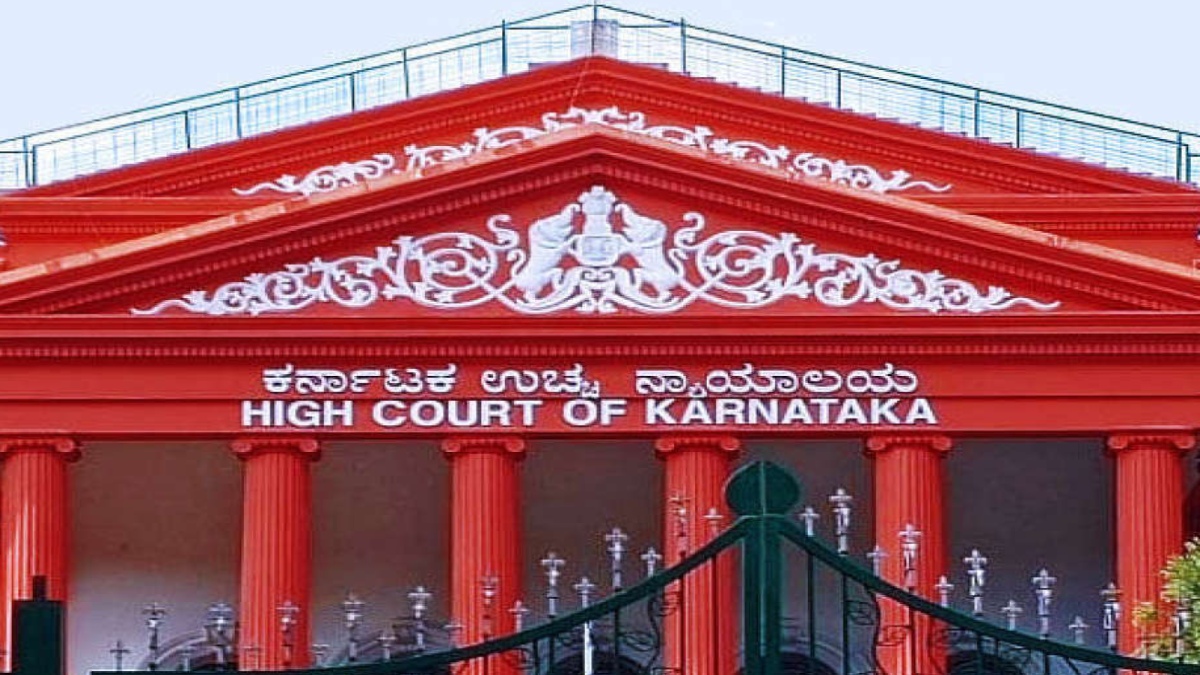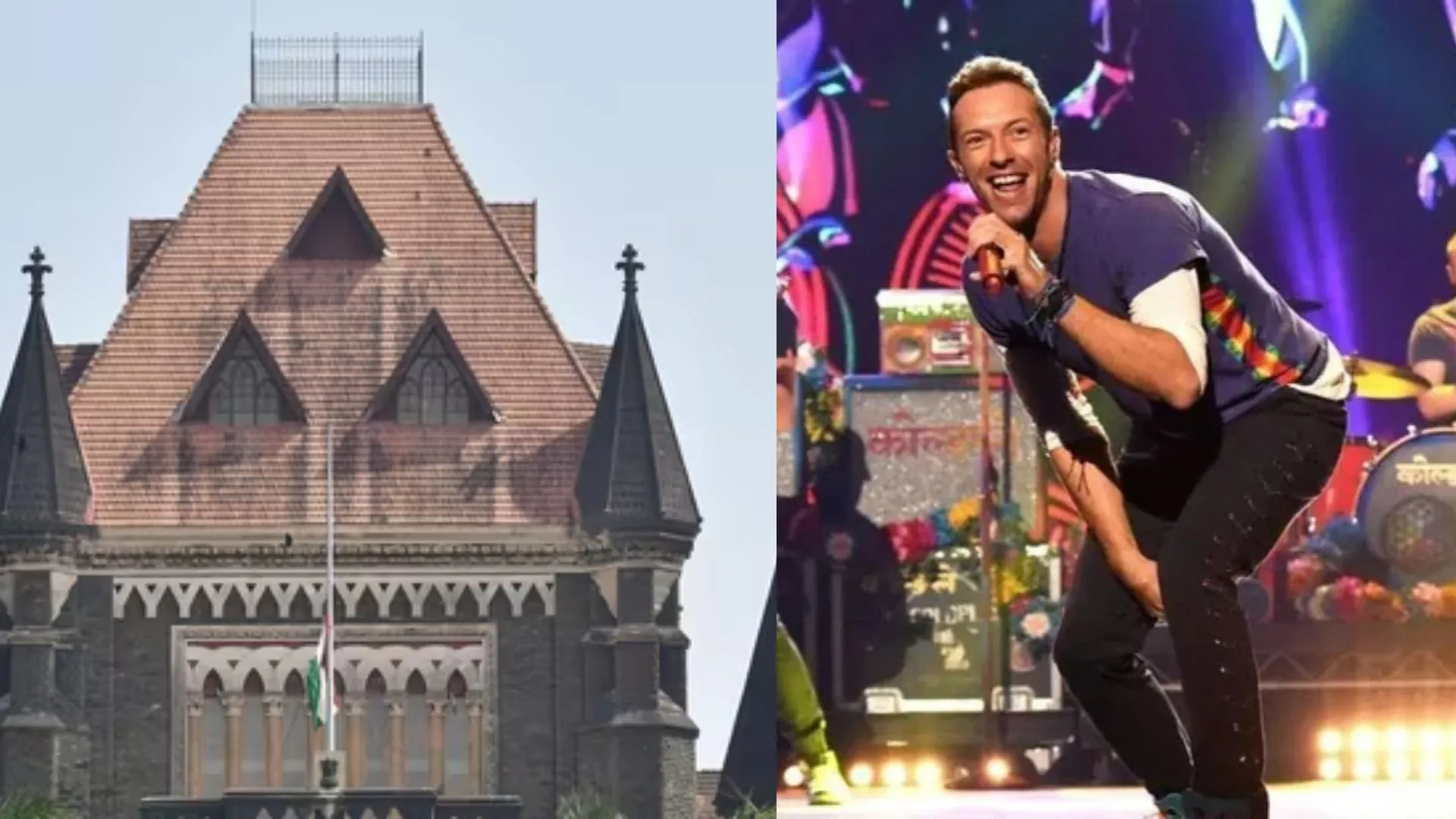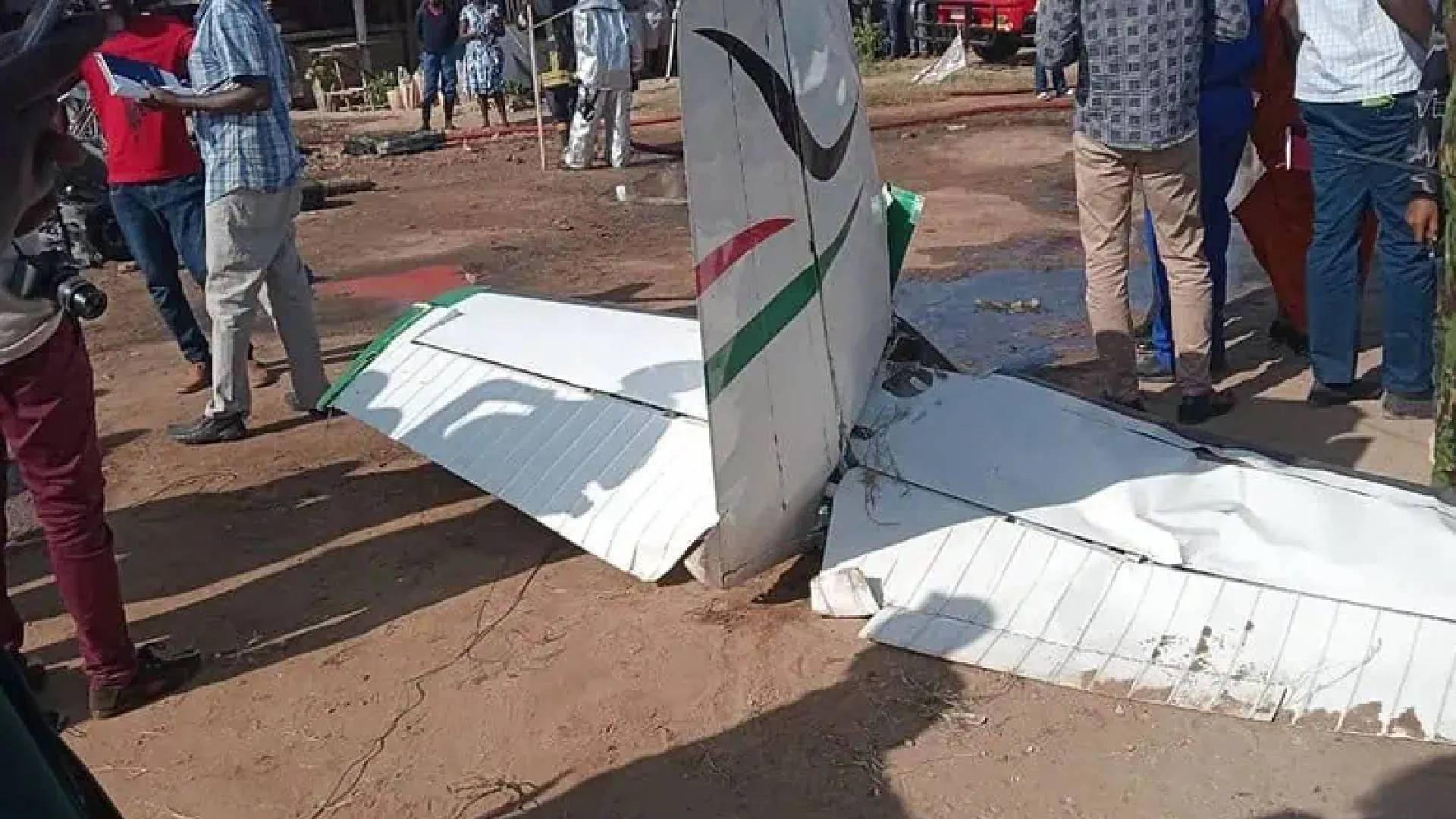While spelling out the correct legal position, the Karnataka High Court has in a learned, laudable, landmark and latest judgment titled Virendra Khanna vs State of Karnataka in Writ Petition No. 1983 of 2021 and 2022 LiveLaw (Kar) 27, said in no uncertain terms that further investigation conducted under Section 173(8) of CrPC must always relate to the incident of alleged crime in respect of which the charge sheet has been filed already. It is not re-investigation. Justice Sreenivas Harish Kumar while quashing the two cases registered under the NDPS Act against party organiser Virendra Khanna said that, “Further investigation is always in accordance with Section 173(8) of CrPC with a view to collecting further evidence supplemental to the evidence already on record. It is not reinvestigation.”
To start with, it is first and foremost put forth in para 1 that, “The petitioner has sought writ o f certiorari for quashing proceedings against him in Spl. C.C. 529/2019 on the file of XXXIII Additional City Civil and Sessions Judge and Special Judge for NDPS cases, Bengaluru; supplementary charge sheet dated 1.3.2021 filed in Crime No. 588/2018 of Banasawadi Police Station, and the charge sheet including the supplementary charge sheet filed in connection with FIR in Crime No. 109/2020 of Cottonpet Police Station, Bengaluru.”
While elaborating on the facts, the Bench then envisages in para 2 that, “The necessary facts for disposal of this writ petition are as below:-
On 2.11.2018, the Police Inspector Narcotic Control Bureau, N.T .Pet, Bengaluru, upon a credible information, raided on the house bearing No. 25/1, I Floor, behind Jyothi School, Kacharakanahalli, Thomas Town, Bengaluru, and seized 1.50 Kgs of Cocaine, 940 grams of ecstasy pills, a Toyota Corolla car, a Hero Honda motor bike, a mobile phone and cash of Rs. 6,000/-. They arrested three persons namely Faith Chuks and Kante Henry, two foreign nationals and Prateik Shetty, an Indian. This led to registration of FIR in Crime No. 588/2018 for the offences punishable under sections 21(c), 22(c) and 21(b) of NDPS Act. On 30 .4.2019, charge sheet came to be filed for the said offences under NDPS Act as also for offences under sections 460, 471, 420, 120B of IPC and section 14 of the Foreigners Act. Initially the charge sheet filed was only against accused 1 to 3. In the said charge sheet a foot note was made indicating that further investigation under section 178(3) Cr.P.C had been undertaken.”
To put things in perspective, the Bench then enunciates in para 3 that, “In the last week of August 2020, there was a rumour in Mumbai, Bengaluru and other places that film actors and other celebrities were in the habit of consuming narcotic drugs. In this connection, on 2.9.2020, the Assistant Commissioner of Police, CCB, Bengaluru, namely Sri K.C. Gautam secured one B .K. Ravishankar and subjected him to interrogation. During interrogation, since it appeared that he revealed the name o f the petitioner and stated that the latter was supplying ganja in the parties that he used to arrange at various places in Bengaluru, the petitioner came to be arrested on 4.9.2020 and remanded to the custody in connection with Crime No. 588/2018 . If B.K. Ravishankar came to be arrayed subsequently as accused No.4, the petitioner was arrayed as accused No.5 in Crime No. 588/2018. A search was also conducted in the house of the petitioner at Bengaluru and certain articles came to be seized by drawing a mahazar on 8.9.2020. In the meantime, the Assistant Commissioner of Police Sri K.C. Gautam, submitted a suo-motu report to the Cottonpet police for registration of a separate FIR against twelve accused persons and accordingly, a fresh FIR in Crime No. 109/2020 was registered for the offences under section 21(c), 27(b), 27A, 29 and 21 of NDPS Act and section 120B of IPC. In this FIR, the petitioner was shown as accused No.3. Charge sheet in connection with FIR 109/2020 was filed on 26.2.2021. Supplementary charge sheet was also filed lateron.”
As we see, the Bench then specifies in para 8 that, “After hearing both sides, firstly the events that led to registration of FIRs in Cr.Nos.588/2018 and 109/2020 may be traced. FIR 588/2018 pertains to seizure of 1.5 kilograms of cocaine, 940 grams of ecstasy pills, a Toyota car, a hero honda motor cycle, a mobile phone and cash of Rs. 6,000/- from three accused viz., Faith Chuks, Kante Henrey and Pratheek Shetty. B.K. Ravishankar was not arrayed as accused earlier. Charge sheet was filed on 30.4.2019 reserving further investigation under section 173(8) of Cr .P.C. It was on 3.9 .2020 that B.K. Ravishankar was taken to custody in this crime number as accused no.4. Thereafter another police officer viz., K.C. Goutham subjected him to interrogation in connection with certain rumours about involvement of film actors in consumption of drugs. Based on his statement, FIR in Cr.No.109/2020 came to be registered showing the petitioner as accused no.3 therein. Therefore it is not in dispute that FIR No.109/2020 came to be registered only after B.K. Ravishankar was subjected to interrogation.”
It is worth noting that the Bench then elaborates in para 9 stating that, “Now in FIR. No. 588/2018 , the petitioner has been arrayed as accused no.5. The supplementary charge sheet filed in connection with FIR No. 588/2018 shows that the petitioner had arranged Diwali Pataka party on 3.11.2018 at Taj Hotel, Bengaluru and another party at the Park Hotel, Bengaluru on 7.11.2018 and that in both the parties, he sold the drugs that he had purchased from accused no .1 to 3. The charge sheet filed in relation to FIR No.109/2020 shows that the petitioner was involved in the sale of drugs since the year 2015, that he had arranged a music party in E-zone Club, Marathahalli in March, 2018 and that he had arranged other parties on 9.10.2018, 25.01.2019, 1.6.2019, 8.3.2020 etc. The involvement o f the petitioner, as can be made out from the charge sheet filed in relation to FIR.No.109/2020 came to light only after recording the statement of B.K.Ravishankar. If a separate FIR came to be registered thereafter, it is not understandable as to how the petitioner could be connected with FIR.No.588/2018 in relation to two parties said to have been arranged on 3.11.2018 and 7.11.2018. According to FIR No.588/2018, it was registered only in relation to raid held on 2.11.2018. The further investigation in FIR.No.588/2018 led to implication of the petitioner as accused no. 5. Further investigation must always relate to the incident of crime in respect of which charge sheet has been filed already. As has been held by the Supreme Court in the case of Vinay Thayagi Vs. Irashad Ali – 2013(5) SCC 762, further investigation, reinvestigation and de-novo investigation or fresh investigation, take different meanings. Further investigation is always in accordance with Section 173(8) of Cr.P.C. with a view to collecting further evidence supplemental to the evidence already on record. It is not reinvestigation. In fact, the petitioner had moved for bail by filing Crl.P.No .684/2020 in relation to FIR No.588/2018. In the order passed in the said petition, it has been held that further investigation envisaged in section 173(8) of Cr.P.C., can be undertaken only with the permission of the court. It is also held that further investigation is not reinvestigation or fresh investigation and their meanings can be commonsensically understood. In this case it is alleged that the petitioner purchased the drugs from accused no.1 to 3 for the purpose of selling them in the parties that were arranged on 3.11.2018 and 7.11.2018 . Even if these allegations were to be true , it cannot be said that the sales said to have been made by the petitioner on these two dates can be connected with FIR No.588/2018. It is pertinent to mention here that if the police could register a separate FIR in Crime No.225/2020 in connection with seizing a police uniform from the possession of the petitioner, it is not understandable as to why, the police did not think of registering a separate FIR in relation to incidents dated 3.11 .2018 and 7.11.2018. Absolutely there are no materials to connect the petitioner with the raid conducted on 2.11.2018. As the FIR 588/2018 discloses, initially it was against accused 1 to 3 only and it was from their possession that certain articles were seized. Whatever the police detected in the course of further investigation was altogether a different incident of crime in respect of which a separate FIR was necessary. Thus viewed, as rightly argued by Sri. Hashmath Pasha, arraying the petitioner as accused no. 5 in FIR No.588/2018 and subjecting him to prosecution in Spl.C.C.No.529/19 does not appear to be in accordance with procedure established by law.”
Finally and far most significantly, the Bench then concludes by holding in para 11 that, “It is to be noted here that what is made out by the counsel for the petitioner is a sheer procedural lapse. This can be set-right. If really the petitioner’s involvement is there in commission of offences punishable under the NDPS Act, he must be tried in accordance with law and punished in case the prosecution is able to prove its case beyond reasonable doubt. The lapses in procedural aspects should not come in the way of prosecuting the petitioner. Though this petition is liable to be allowed, it should not be understood as though petitioner cannot be prosecuted without following the procedure established under law. Therefore, permission is to be accorded to the prosecuting agency to set-right all the procedural mistakes and take action against the petitioner in accordance with law. In this view the following:
ORDER
WRIT PETITION IS ALLOWED
The proceedings against the petitioner in Spl.C.C.No.529/2019 on the file of the XXXIII Additional City Civil and Sessions Judge and Special Judge, Bengaluru and the FIR in Crime No.109/2020 and the charge sheet filed against the petitioner as per Annexure-U are quashed. Consequently, the order of taking cognizance against the petitioner on this charge sheet in Spl.C.C.No .212/2021 on the file of the XXXIII Additional City Civil and Sessions Judge and Special Judge, Bengaluru, is also quashed. However, this order does not come in the way of prosecuting the petitioner in accordance with law in the light of the observations made above.”
In sum, the Karnataka High Court has been forthright in pointing out the sum and substance of this extremely commendable, cogent, composed and creditworthy judgment that, “Further investigation under Section 173(8) CrPC must always relate to incidents of crime for which charge sheet is filed.” All the Judges who deal with such cases must always adhere to what the Karnataka High Court has laid down so explicitly in this leading case. There can be just no denying it!























